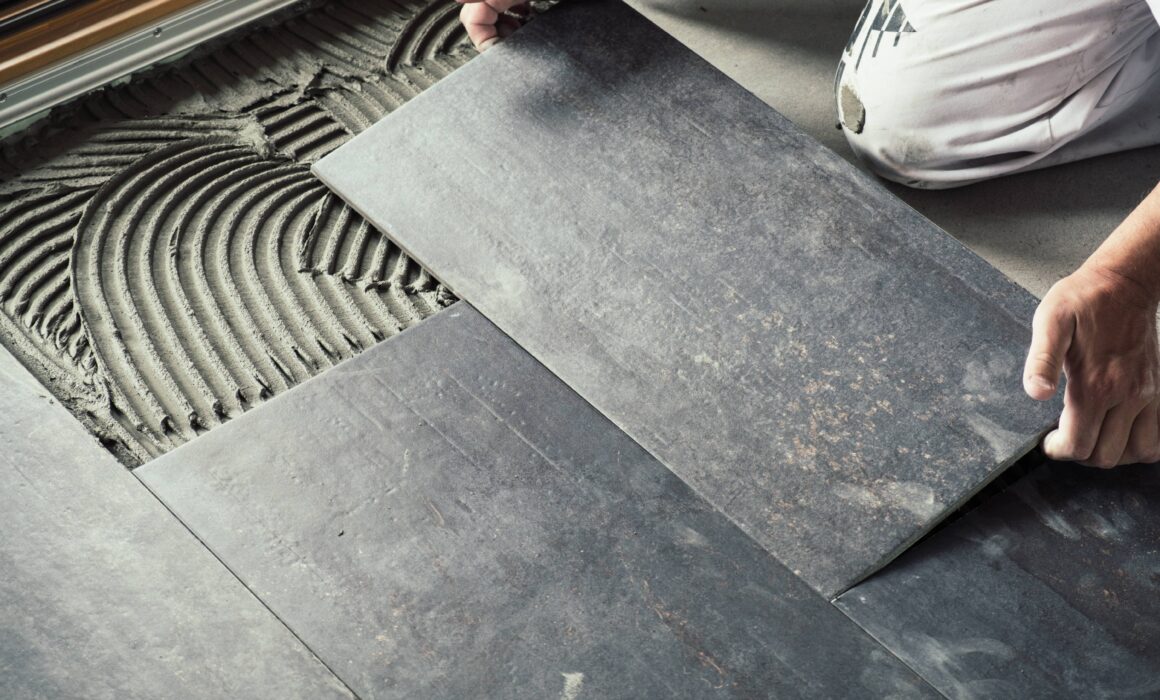How to Tackle Mold and Mildew
How to Tackle Mold and Mildew (And Why Ceramic and Vinyl Flooring Have the Hygiene Advantage)
Dealing with mold and mildew in flooring can be a challenging and frustrating task for any homeowner. These unwelcome intruders not only compromise the appearance and odor of our homes but can also have adverse effects on our health.
Thankfully, Flooring Liquidators has the solution.
This blog will explore effective methods to tackle mold and mildew in flooring, with a special focus on the hygiene advantages of ceramic and vinyl flooring as superior alternatives.
Understanding the problem
Mold and mildew thrive in warm, damp environments, making certain areas of our homes, such as bathrooms, basements, and kitchens, particularly vulnerable. When certain types of flooring, such as carpet, are exposed to moisture or spills, it can become a breeding ground for mold and mildew, trapping moisture and organic materials deep within the fibers.
This not only leads to unpleasant odors and stains but also poses health risks, especially for anyone with respiratory conditions or allergies.
Understand the solution
Regular cleaning, dusting, and hoovering are needed to prevent mold and mildew from growing. However, if you’re ready for a change, replacing your floors with vinyl and ceramic flooring can save the day. They offer a durable and hygienic solution to combat mold and mildew, making it an excellent alternative.
Let’s explore some of the 5 key advantages of vinyl and ceramic flooring in terms of hygiene.
- Moisture resistance.
Both ceramic and vinyl flooring are highly resistant to moisture, making them an ideal choice for areas prone to spills, humidity, and moisture buildup. Neither absorbs water, preventing the growth of mold and mildew.
- Easy maintenance.
Vinyl and ceramic floors are effortless to clean and maintain. For vinyl, regular sweeping or vacuuming, along with occasional mopping using mild detergents, is sufficient to keep it free from dirt, dust, and potential mold-causing substances. Ceramic tiles prevent the growth of viruses, germs, and bacteria because they’re so easy to clean.
- Non-porous surface
Unlike carpets, which can trap and retain moisture, vinyl and ceramic flooring have a non-porous surface that resists the absorption of liquids. This inhibits the growth of mold and mildew, ensuring a hygienic home.
- Anti-microbial properties
Many vinyl flooring products are manufactured with built-in anti-microbial technology. This means they’re specifically designed to resist the growth of bacteria, mold, and mildew, further enhancing the cleanliness and hygiene of your floors.
- Allergy-friendly
Some floors can trap allergens such as dust mites, pet dander, and pollen.
Vinyl flooring is an excellent choice for individuals with allergies or respiratory sensitivities because it provides a smooth and easy-to-clean surface that reduces the accumulation of allergenic particles.
Ceramic floors are also allergy-friendly since their surface is hard-fired and inorganic.
No more mold and mildew
When it comes to tackling mold and mildew in flooring, vinyl and ceramic floors emerge as the superior choice due to their moisture resistance, easy maintenance, non-porous surface, anti-microbial properties, and allergy-friendly characteristics.
So, if mold and mildew are plaguing your home, it’s time for a fresh start. By opting for Vinyl flooring or ceramic tiles, you can create a cleaner and healthier living environment for you and your family.
So, what are you waiting for? We will ensure that your new floors will not only ensure a hygienic solution but that they’ll be affordable and will add to the beauty of your home.
When it comes to the choice of styles for your home or workplace floors, there’s a world of choice. And at Flooring Liquidators, we’d love to help you choose the flooring that’s right for you. So let us talk you through your flooring options.

